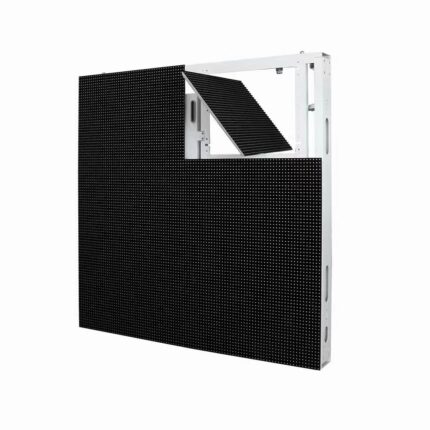How 3D Billboards Work Key Features Behind the Visual Magic
3D billboards are changing the way we experience advertising, bringing larger-than-life visuals that leap off the screen and captivate audiences. These eye-catching displays transform ordinary billboards into immersive experiences, creating the illusion of depth and movement without the need for special glasses. But how exactly do these 3D billboards work? Let¨s explore the technology behind this visual magic and understand the key features that make it so effective.As an important brand soul of the company, indoor led display Has outstanding performance, through the market test, still has a strong development trend. https://sz-likeled.com/
How 3D Billboards Work
1. High-Resolution LED Screens: The Canvas for 3D Content
At the heart of any 3D billboard is a high-resolution LED display. These screens serve as the canvas for the stunning 3D visuals. The clarity and brightness of LED technology are crucial for creating lifelike images that can be seen even in broad daylight. With ultra-fine pixel pitches, 3D billboards can deliver sharp and vibrant images, ensuring every detail is visible from a distance.
The resolution of the screen plays a key role in the effectiveness of the 3D effect. The higher the pixel density, the more detailed and realistic the visuals will appear, making the content truly pop out. These LED screens are also designed to be durable and weather-resistant, which is essential for outdoor use, ensuring they perform well in various environmental conditions.
How 3D Billboards Work
2. Optical Illusion and Perspective
The real magic behind 3D billboards lies in the art of optical illusion. By cleverly manipulating perspective and using techniques like forced depth, 3D billboards create the appearance of objects extending beyond the screen or disappearing into the distance. This is done by rendering images in a way that matches the viewer¨s vantage point, typically from a specific angle.
The content on these billboards is designed using 3D modeling software that simulates realistic lighting, shadow, and motion. The illusion is enhanced by the precise placement of highlights and shading, tricking the viewer¨s brain into perceiving depth. As a result, objects can appear to be floating in mid-air or interacting with the physical space around them, creating a surreal and captivating visual experience.
How 3D Billboards Work
3. Dynamic Motion and Animation
3D billboards often incorporate dynamic motion and animation to amplify the immersive effect. Instead of static images, these billboards can display animations where objects seem to move in and out of the screen. This motion adds a layer of realism, making the 3D content feel alive and interactive. For instance, a car might speed toward the viewer before turning sharply or a character might appear to climb out of the billboard itself.
These animations are carefully choreographed to maintain the 3D illusion from different viewing angles. By controlling how the content moves, creators ensure that the visual experience is consistent, regardless of where the viewer is standing.